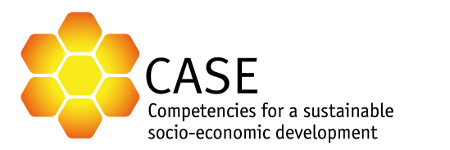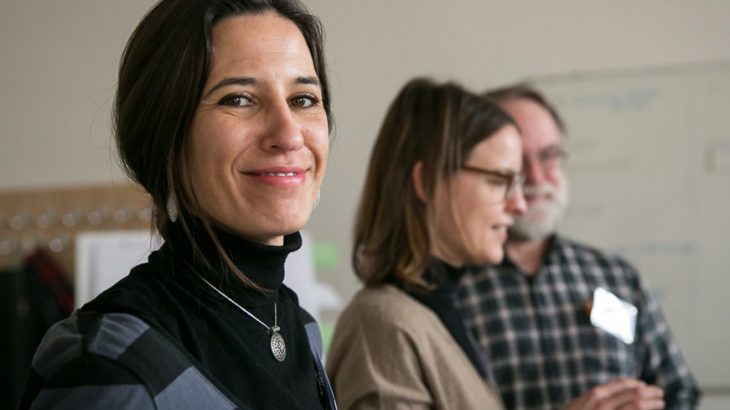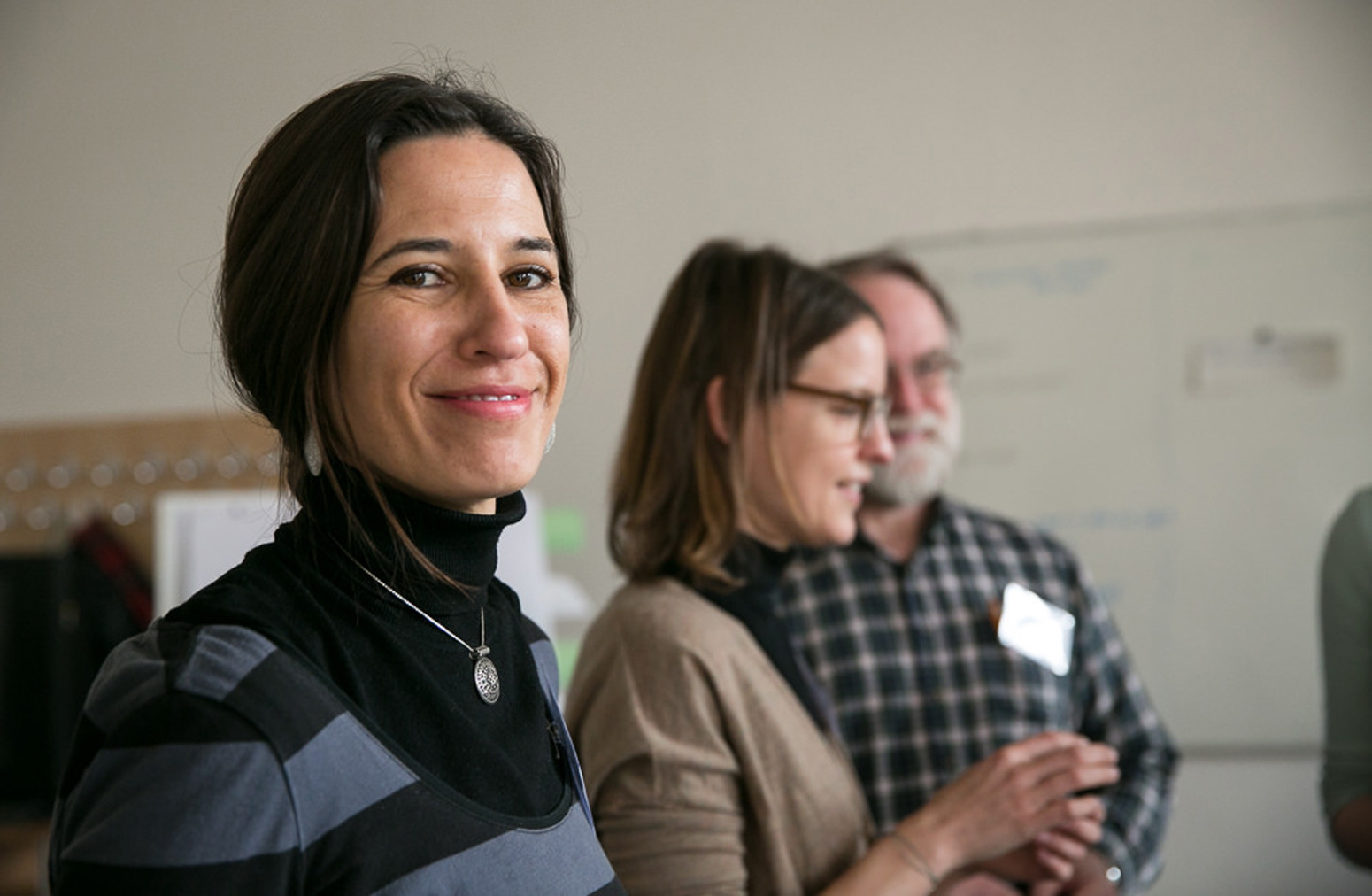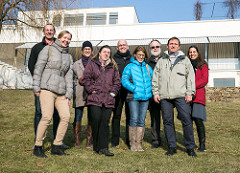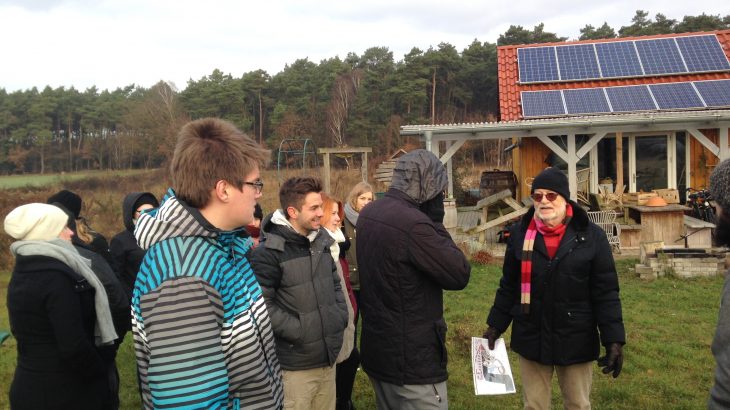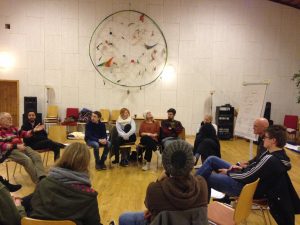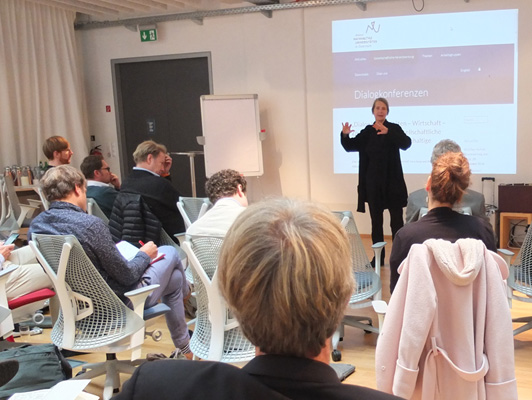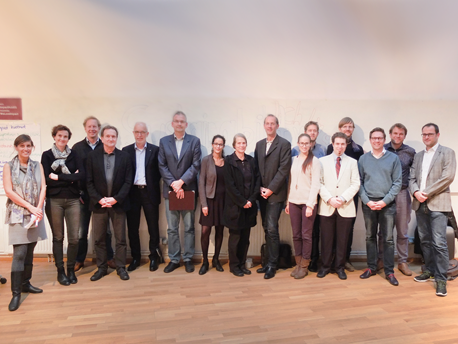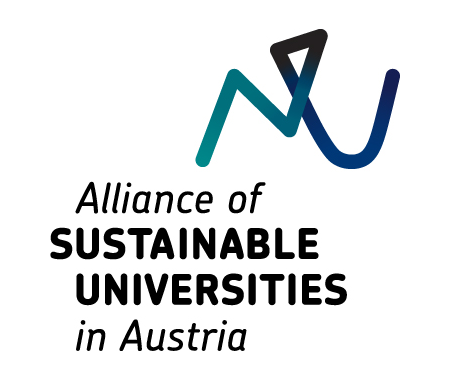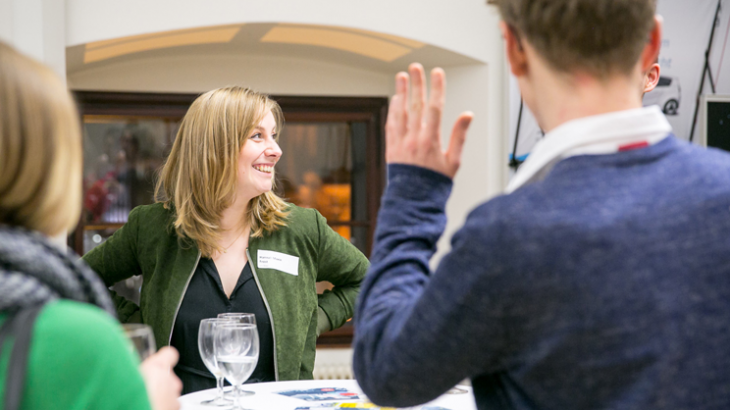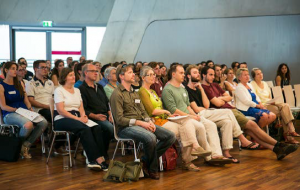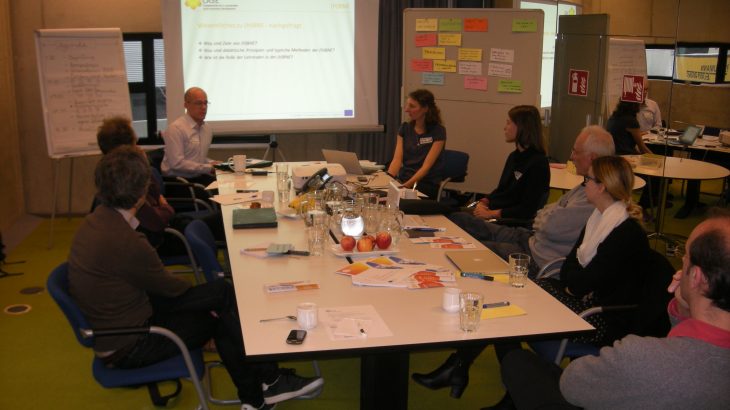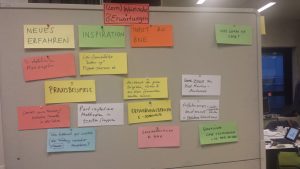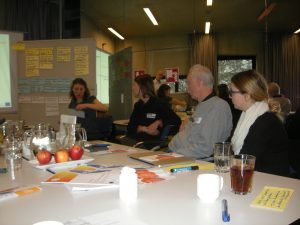The short afternoon break offered us time to non-formal discussion of related topics and visiting the unique architecture master piece Vila Tugendhat. The timeless architectonical design awakened us to further intensively discuss the current pilot evaluations of various innovative courses tested in the CASE regions.
At the end of workshop we concentrated on the future Master’s Program as well as forthcoming events and conferences where we want to present CASE outputs. The CASE project is slowly getting closer to a final part and we are really looking forward to presenting our work on a final event in Vienna in the beginning of November 2017!
